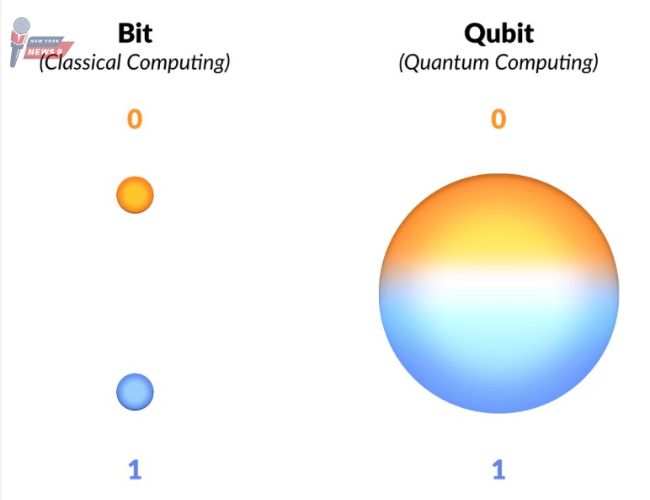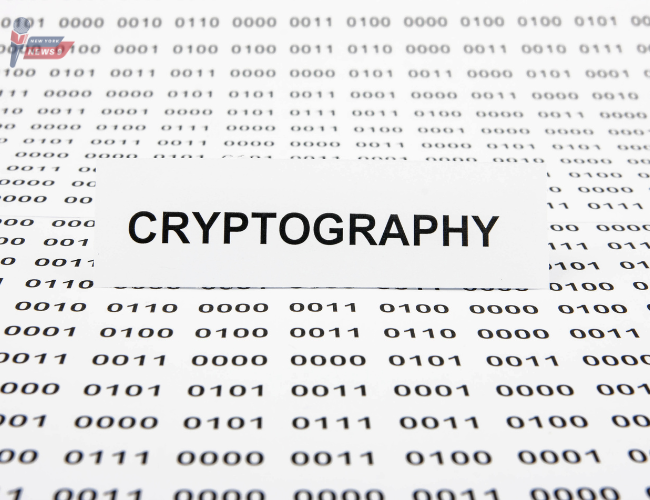In the ever-evolving landscape of technology, a new paradigm has emerged that promises to revolutionize the way we approach complex computations and problem-solving.
Quantum computing, a field born out of the principles of quantum mechanics, holds the potential to unlock unprecedented computational power and tackle challenges that have been deemed intractable by classical computers. As this exciting frontier rapidly advances, it is vital to understand the fundamental principles and potential applications of this groundbreaking technology.
Traditional Computing vs Quantum Computing
Traditional computing has been the driving force behind the technological advancements we have witnessed over the past decades. However, as the limits of classical computers become more apparent, the emergence of quantum computing offers a tantalizing alternative. Let’s explore the key differences between these two computing paradigms.
1. Basic Units of Information

Traditional Computing
Classical computers use bits as the fundamental unit of information. A bit can exist in one of two states: 0 or 1. These binary digits form the foundation of all computations, enabling the representation and processing of data.
Quantum Computing
Quantum computers employ quantum bits, or qubits, as the basic units of information. Unlike classical bits, qubits can exist in a superposition of states, representing a combination of 0 and 1 simultaneously. This property allows for parallel processing and exponentially expands computational possibilities.
2. Computation and Processing
Traditional Computing
Classical computers process information sequentially, executing one operation at a time. They use algorithms that manipulate bits in a linear fashion, following a predefined sequence of steps. The processing power of classical computers increases with the addition of more transistors and faster processors.
Quantum Computing
Quantum computers, on the other hand, leverage the principles of quantum mechanics to perform computations. Qubits can exist in multiple states simultaneously, enabling parallel processing. Quantum algorithms take advantage of this parallelism to solve complex problems more efficiently. Quantum computers have the potential to perform certain calculations exponentially faster than classical computers, especially for specific tasks such as factoring large numbers or simulating quantum systems.
3. Superposition and Entanglement
Traditional Computing
Classical computers operate solely in well-defined states. A bit can either be in a 0 or 1 state, but not both simultaneously. Classical computations involve the manipulation and combination of these discrete states to achieve desired outcomes.
Quantum Computing
Quantum computing introduces two crucial phenomena: superposition and entanglement. Superposition allows qubits to exist in a combination of 0 and 1 states, increasing computational possibilities exponentially. Entanglement enables qubits to become interconnected, resulting in a correlation between them regardless of distance. Operations performed on one qubit can instantaneously affect the state of another, enhancing computational power and efficiency.
4. Error Correction
Traditional Computing
Classical computers employ error correction techniques to ensure the accuracy of computations. Redundancy in data representation and error-checking algorithms help identify and rectify errors that may occur during processing.
Quantum Computing
Quantum systems are susceptible to errors due to various factors, such as environmental disturbances and decoherence. Their error correction techniques are being developed to mitigate errors and preserve the integrity of qubits’ information. Overcoming these challenges is crucial for the practical implementation of large-scale quantum computers.
Quantum Advantage and Potential Applications
Quantum computing offers the potential to solve complex problems that are currently intractable for classical computers. It can significantly impact fields such as cryptography, optimization, drug discovery, materials science, and artificial intelligence.
- Cryptography

Quantum computers have the ability to break current cryptographic protocols, which rely on the assumption that factoring large numbers is a computationally difficult task. Quantum algorithms such as Shor’s algorithm can efficiently factor large numbers, posing a challenge to current encryption methods. However, this also means quantum cryptography can provide enhanced security through quantum key distribution protocols.
- Optimization
Quantum algorithms, such as the quantum approximate optimization algorithm (QAOA), have the potential to solve optimization problems more efficiently. This has implications for logistics, supply chain management, financial portfolio optimization, and traffic routing, among other fields.
- Drug Discovery and Materials Science
Quantum simulations can model molecular interactions with exceptional accuracy, enabling the discovery of new drugs and materials. Moreover, quantum computers can significantly accelerate the process of finding effective drugs for diseases or designing advanced materials with unique properties.
- Artificial Intelligence
Quantum machine learning algorithms can enhance the efficiency of pattern recognition, optimization, and data analysis tasks, potentially revolutionizing AI research and applications.
Challenges on the Path to Quantum Supremacy
While quantum computing holds great promise, significant challenges need to be overcome. Building stable and error-resistant qubits, maintaining coherence for extended periods, and reducing noise and errors during operations are ongoing areas of research and development. Additionally, the construction of practical quantum computers at scale remains a formidable task.
Conclusion
Quantum computing represents a transformative leap in computational power, offering the potential to solve problems that are currently beyond the reach of classical computers. As research and development progress, quantum computing will likely unlock new frontiers in various scientific and technological domains. Embracing this nascent field will require collaboration among researchers, policymakers, and industry leaders to harness its immense potential while addressing the challenges ahead. Exciting times lie ahead as we embark on a journey into the quantum realm and unlock the mysteries it holds.











